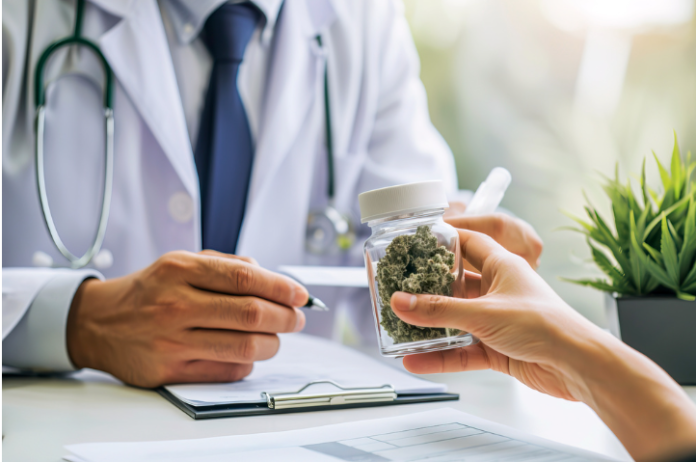If you have an infection and you need an antibiotic, you can probably go to any licensed doctor in your state and ask for a prescription. By default, licensed doctors have prescribing authority in their respective states. So what about medical cannabis? Does the same thing apply?
Medical cannabis is somewhat different. First, it’s not a prescription medicine according to the strictest definition. It is a plant and/or products derived from it. Doctors do not write medical cannabis prescriptions. Rather, they recommend their states approve medical cannabis for eligible patients.
State Laws Are Different
It would be normal to assume that any doctor with prescribing authority in his or her state could recommend medical cannabis. But we cannot say that across the board. The fact is that state laws are different. California and New York might do things one way while Nebraska and Oklahoma do things another way.
Utah is a good example of what patients can expect in most states. While their list of medical providers is not universal, it compares well with the lists in most other states.
Licensed medical providers with Utah prescribing authority can recommend medical cannabis. The state specifically recognizes:
- Medical doctors (MDs)
- Physician assistants (PAs)
- Advanced practice nurses (APRNs)
- Osteopathic doctors (DOs)
- Podiatrists (DPMs)
Your GP or family doctor is an MD. Furthermore, your GP might work alongside PAs and APRNs, who are usually nurse practitioners (NPs) by the way. Utah further designates between Qualified Medical Providers (QMPs) and Limited Medical Providers (LMPs).
BeehiveMed, a Salt Lake City company that helps medical cannabis patients obtain their state-issued medical cards, says that the two big differences between QMPs and LMPs are licensing and the number of patients each one is allowed to recommend medical cannabis to.
The Medical Provider’s Role
New patients looking to obtain medical cannabis cards should understand the medical provider’s role going in. Whether a patient chooses to use his own doctor or one he has never met before, the states typically require in-person visits in order to get that first medical cannabis card.
The medical provider’s role is twofold. First, he is required to verify that the patient is living with one of the medical conditions on the state’s qualifying conditions list. Second, the medical provider must verify that medical cannabis is an appropriate treatment at that time. The second provision is crucial because having a qualifying condition does not necessarily guarantee a recommendation.
The state generally requires patients to renew their cards on a regular basis as well. In Utah, cards are renewed annually. Renewals require another visit with a medical provider, although many states allow follow-up visits via telehealth options.
The GP Would Be Ideal
It makes sense that a patient’s GP would be the ideal candidate for recommending medical cannabis. After all, the GP is the provider most likely to have a thorough understanding of a patient’s medical history and current health. But we cannot escape the fact that some GPs are not on board with medical cannabis. So patients need other options.
The danger of allowing patients to see other medical professionals is the possibility of medical cannabis card mills springing up in a given state. Utah is among the many states that have put provisions in place to prevent card mills.
In short, it’s not safe to assume that any doctor can help you get medical cannabis. Your best bet for figuring it all out is to visit the website of whatever agency regulates medical cannabis in your state. You will probably find all the information there.
